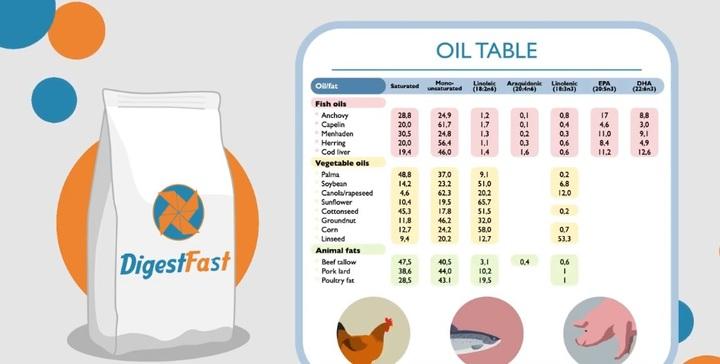
Content sponsored by:
LIPTOSA
Efficacy and efficiency of phytobiotics
Published: April 17, 2019
*Certain information associated with products, their composition and claims may be different depending on the geographical region and may not be applicable in all countries. Liptosa reserves the right to adapt to the requirements and legislation in each case.
The information and technical recommendations provided herein are based on Liptosa's current knowledge and experience.
Liptosa reserves the right to update the information and arguments contained in this platform, as well as to make any changes to this information or recommendation at any time, without prior or subsequent notice.
This audiovisual material contains technical and validated terminology inherent to the time of content generation, editing and publication. Nevertheless, LIPTOSA is committed to scientific and technical progress and continuously updates its content.
Related topics:
Influencers who recommended :
Carlos López Tomé, Ananth KRecommend
Comment
Share
Natural Remedies Private Limited
14 de mayo de 2019
Great video!
However id like to know more about the mechanism with which the Phytobiotics from Liptosa are working.
The usual notion is that plant based chemicals may not be as efficacious as their synthetic counterparts, is Liptosa looking alleviate this common notion?
What makes Liptosa's phytobiotics different from the other phytogenic companies?
Recommend
Reply
Elanco
17 de mayo de 2019
Dear Dr. Krishna,
Thank you for your comments. As it is well known, and for sure within your company experience as well, phytobiotic mode of action is complex and multifactorial: combines direct and indirect activity over pathogen. When you refer to synthetic solutions I suppose you mean conventional drugs - that's correct?
Recommend
Reply
Natural Remedies Private Limited
17 de mayo de 2019
Ewa Sujka
Yes, I mean synthetic conventional drugs that have been in utility from decades.
Recommend
Reply
Elanco
22 de mayo de 2019
Dr Ananth Krishna Dear Krishna,
If we are talking about the perception of phytogenic compounds vs conventional drugs, you are correct - still the general idea is that conventional antimicrobial drugs are more efficient. In deed, more research and efficient infrmation campaign shall be done.
Recommend
Reply
1

Would you like to discuss another topic? Create a new post to engage with experts in the community.




.jpg&w=3840&q=75)



